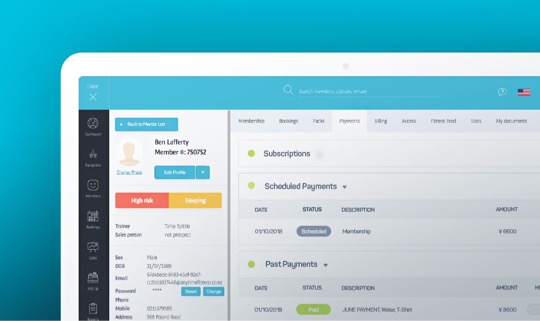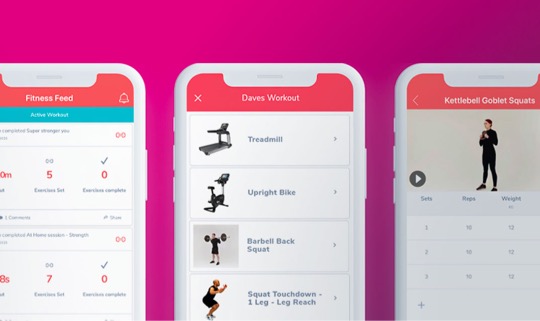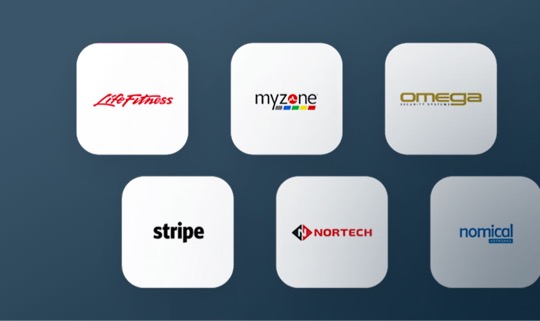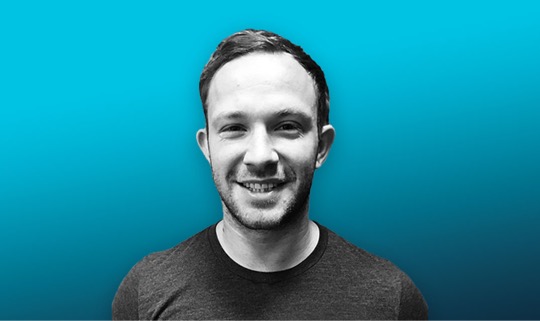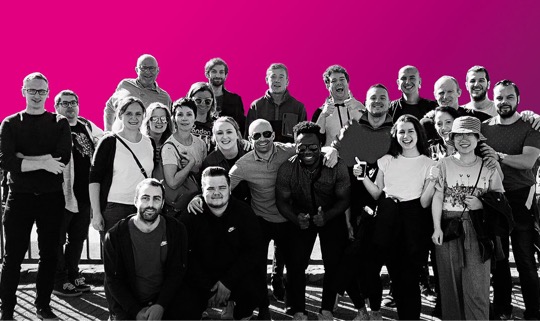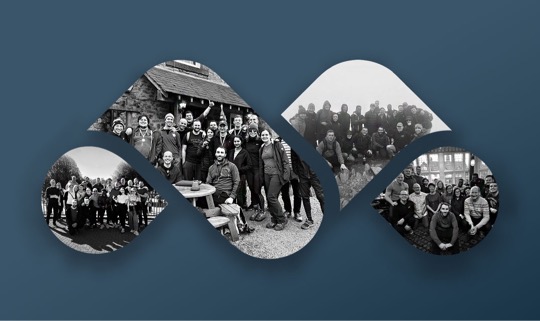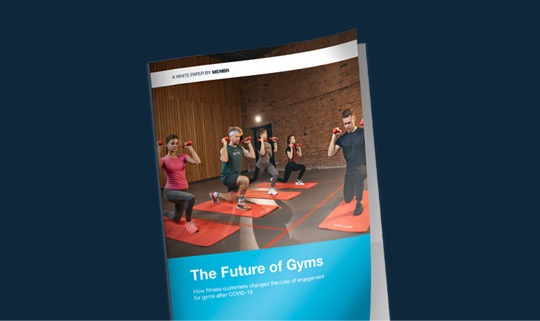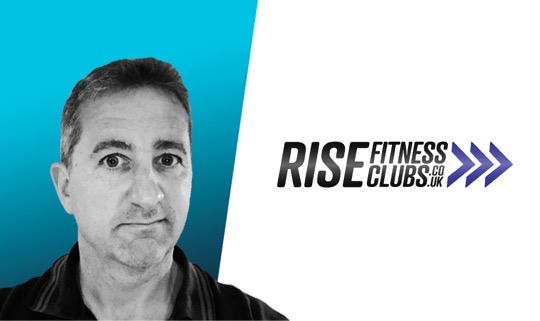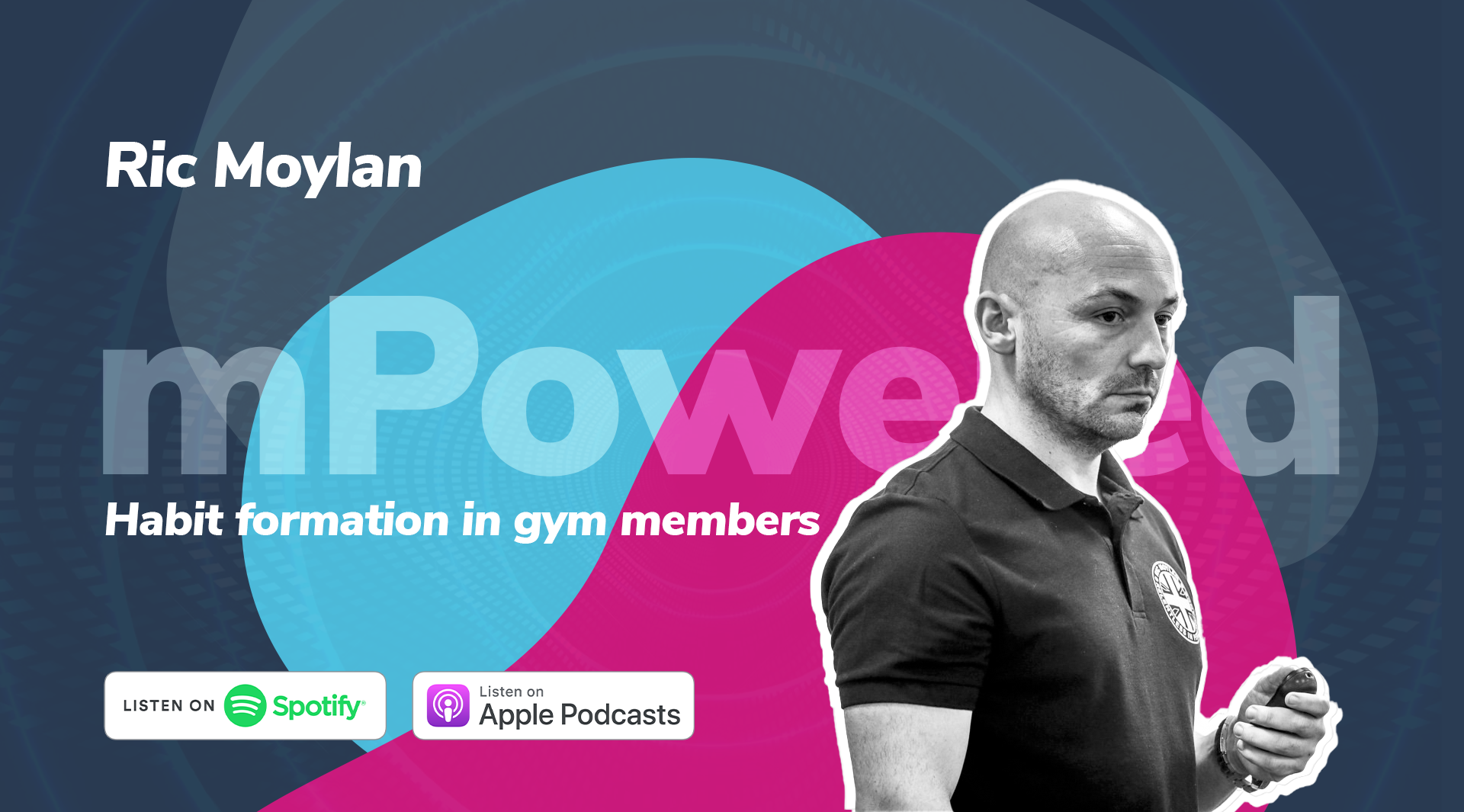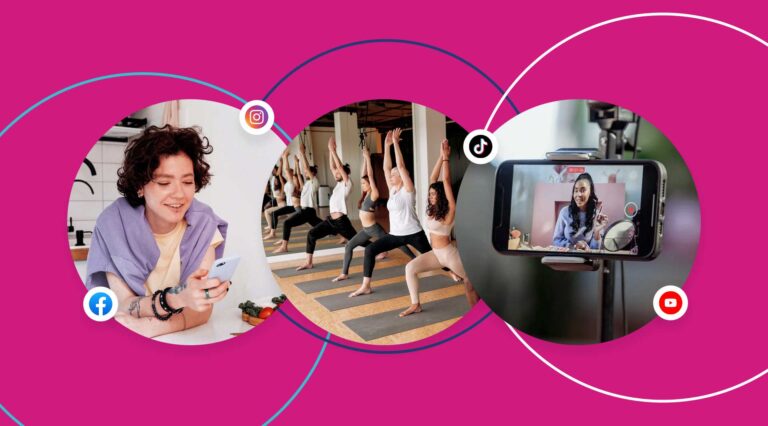“What I want to do with my clients is, rather than be sort of being quite autocratic, and say, you know, you will do this, I want them to understand why I’m asking them to do something, I want them to understand the process and understand the journey.”
Do gym members and professional athletes train differently? We asked Ric Moylan. With 20 year’s experience working at the highest levels of human performance and elite sport, today he is one of the UK’s leading athlete coaches and as Mancunian as it gets. His straight-talking, no-nonsense approach is certain to give you some useful takeaways!
Listen to the full episode now:
Subscribe to mPowered and listen to all the episodes on Spotify or Apple Podcasts.
Ric Moylan 0:01
